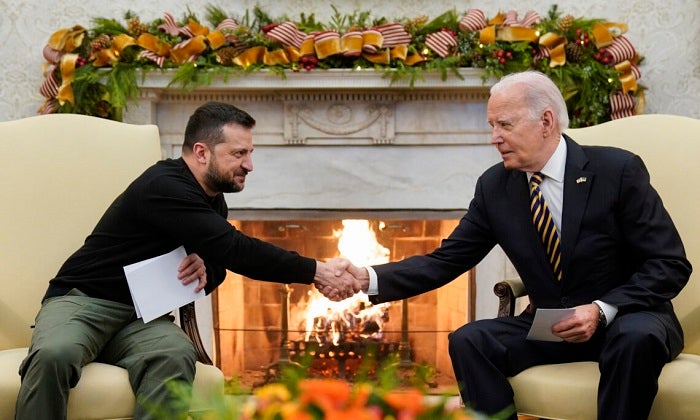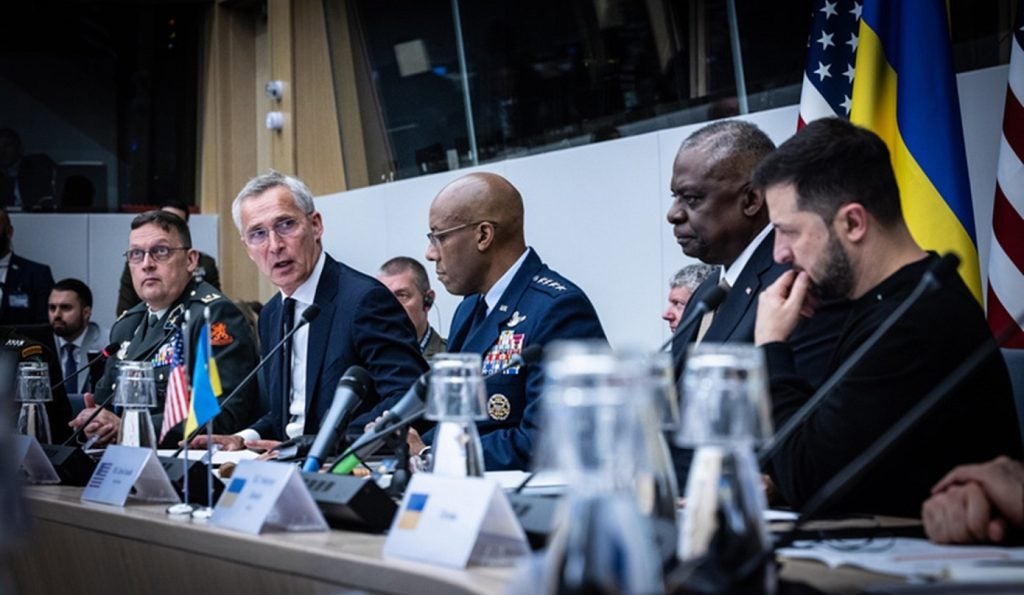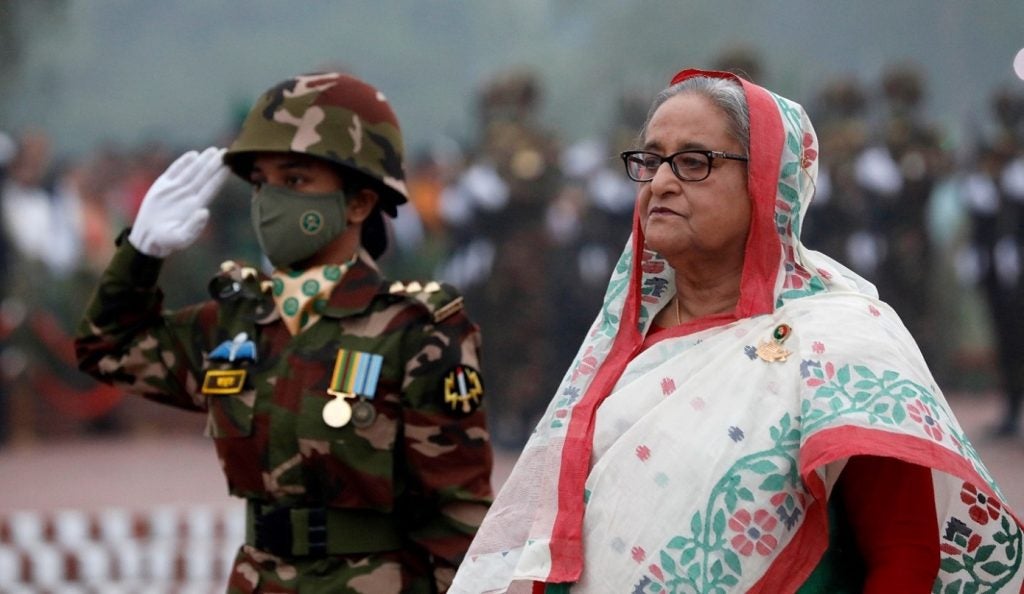The US Defence Secretary Lloyd J. Austin III will continue to host the next Ukraine Defense Contact Group (UDCG) despite Congress’ decision to block any further military assistance to the war-torn country.
Austin was released from hospital this week following a series of medical tests and evaluations. On 17 January 2024, the Department of Defense (DoD) revealed that Austin will work from home as he recuperates, which means he will attend the UDCG virtually.
In a statement made on 16 January, detailing Austin’s discussion with Ukraine’s Defense Minister Rustem Umerov, a Pentagon spokesperson reiterated that the US still remains “committed to supporting Ukraine in its fight against Russian aggression.”
In contrast, the DoD comptroller Michael McCord informed Congress in late December 2023 that the remaining $1bn earmarked for Ukraine, and authorised by Congress in the last supplemental budget in October, will now be obligated to replace US inventories of weapons provided to Ukraine.
GlobalData Defence Analyst Wilson Jones pointed out that “hosting the UDCG doesn’t cost anything. The Biden administration’s position continues to support military aid, and not hosting would indicate a change of direction.
“The official US position (in the executive branch at least) is that Ukraine will get arms as soon as Congress authorises the money.”
The next UDCG, due to take place at Ramstein Air Base in Germany on 23 January, will see Austin perform a tricky balancing act, financially hamstrung by the partisan politics playing out in Washington.
Biden lobbies for another supplemental budget
“According to the US constitution, Congress has the power of the purse, or the ability to tax and spend government money,” Jones observed.
“The Biden administration has so far spent a great deal of effort trying to convince the opposition in Congress to pass funding for Ukraine. However, Biden has also invoked executive authority to provide military aid to Israel, circumventing this rule, but not doing so for Ukraine.”

Republicans are reluctant to compromise on Ukraine, fearful it will hand the US President Joe Biden, a Democrat, a win ahead of the next US election to take place in November.
“The trouble is, that like everything in Washington these days, passing the aid has become politicised,” noted Fox Walker, another GlobalData Defence Analyst.
“House Republicans have demanded that aid for Ukraine be tied to an immigration bill. The Senate has come to a bipartisan agreement on immigration, but the Republicans are now saying that they won't pass anything until a Republican is back in the White House.”
Europe takes on the mantle
Earlier this week, the UK Government locked-in a bilateral agreement to provide military assistance to Ukraine, the first G7 nation to do so.
UK Prime Minister Rishi Sunak confirmed that Britain will provide £2.5bn ($3.18bn) in military aid to Ukraine in 2024/25, an increase of £200m on the previous two years.
Similarly, the European Parliament has filed a motion for a resolution to strip Hungary’s voting right and freeze EU funds to the union’s largest recipient.
Hungary is widely regarded as the EU's Russian ally.
The EU Parliament motion explained that “the rule of law has been deteriorating in Hungary as a result of the systematic actions of its government; whereas this situation has not been sufficiently addressed, many concerns remain, and many issues continue to arise.”
Although this serves as an ample pretext, the vote will also help the EU overcome the outlier’s efforts to block a €50bn ($55bn) military aid package to Ukraine in its war against invading Russian forces.











